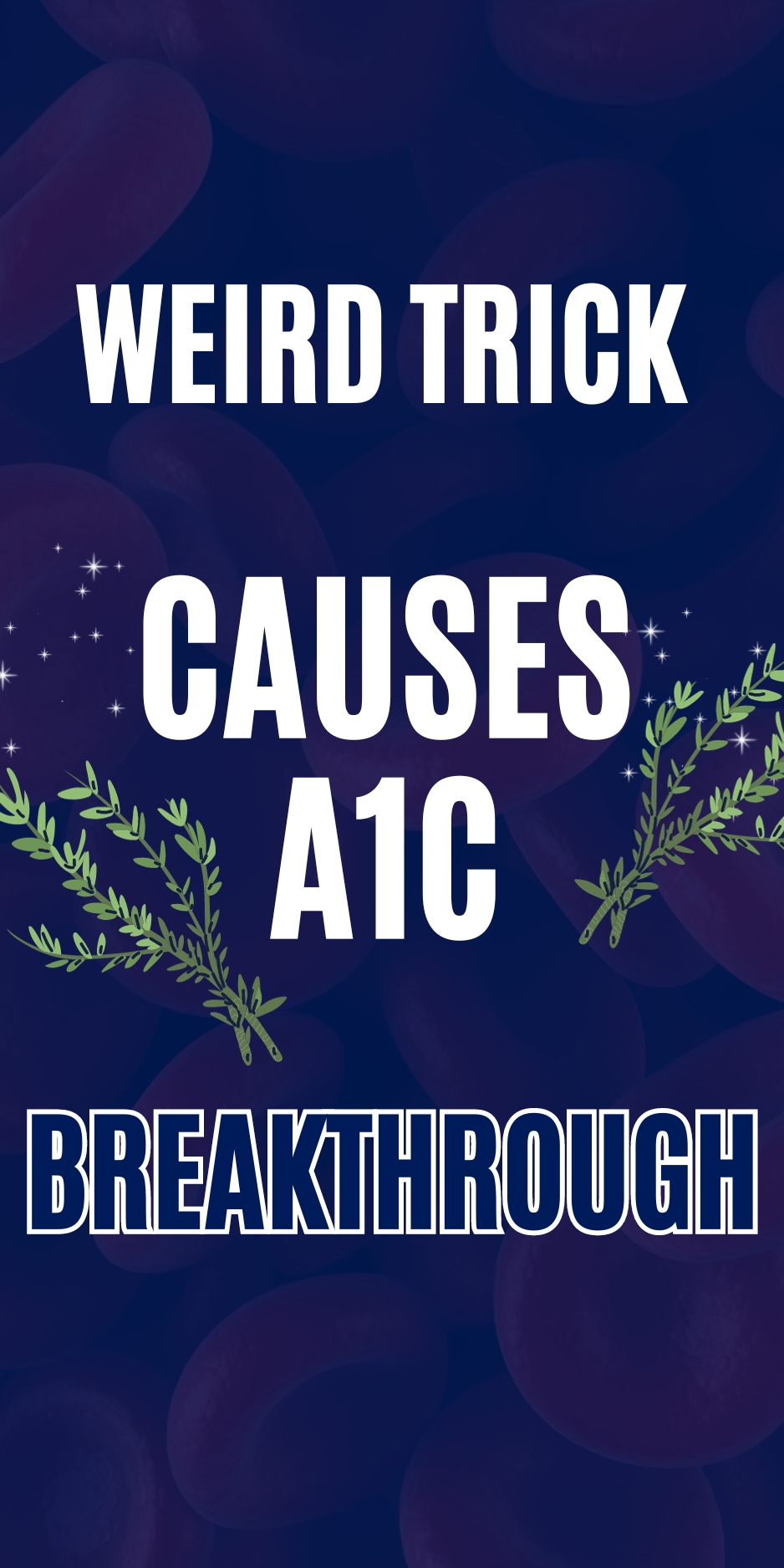1. Introduction to Diets and Weight Loss
1 The Global Obesity Epidemic
Obesity has emerged as a global health crisis, affecting over 650 million adults worldwide. Its repercussions extend beyond aesthetics, contributing to a litany of health issues such as diabetes, cardiovascular disease, and joint disorders. Tackling this epidemic requires a multifaceted approach, with diets playing a pivotal role.
2 Why Diets are a Critical Component of Weight Management
While exercise is often emphasized, dietary habits are arguably the cornerstone of effective weight loss. A well-structured diet not only reduces caloric intake but also provides the nutrients necessary for overall well-being.
2. Understanding the Science of Weight Loss
1 The Energy Balance Equation
Weight loss fundamentally revolves around consuming fewer calories than the body expends. This energy deficit forces the body to tap into fat reserves, leading to gradual weight reduction.
2 The Role of Metabolism
Metabolism, the process by which the body converts food into energy, varies among individuals. Factors such as age, genetics, and muscle mass influence metabolic rates, shaping the efficacy of weight loss strategies.
3. Popular Diet Types: Pros and Cons
1 Low-Carb Diets (e.g., Keto, Atkins)
Low-carb diets restrict carbohydrates to promote fat-burning. While effective for rapid weight loss, they may cause nutrient imbalances if poorly managed.
2 Plant-Based Diets (e.g., Vegan, Vegetarian)
Rich in fiber and low in saturated fats, plant-based diets are lauded for their health benefits. However, achieving adequate protein and vitamin B12 levels can be challenging without careful planning.
3 Intermittent Fasting
This regimen alternates between periods of eating and fasting, leveraging metabolic shifts to enhance fat loss. It suits some but may be unsustainable or trigger disordered eating in others.
4 High-Protein Diets
High-protein diets support muscle preservation during weight loss and improve satiety. Yet, excessive protein intake may strain kidney function over time.
4. The Role of Nutrition in Effective Weight Loss
1 Macronutrient Distribution
Balancing carbohydrates, proteins, and fats is essential. A diet overly skewed towards one macronutrient may hinder progress or compromise health.
2 Micronutrients and Their Importance
Vitamins and minerals, though required in smaller quantities, are indispensable for metabolic efficiency and preventing deficiencies.
5. Behavioral and Psychological Aspects of Dieting
1 Emotional Eating and Its Triggers
Stress, boredom, and emotional distress often lead to overeating. Identifying these triggers can help individuals develop healthier coping mechanisms.
2 Building Sustainable Habits
Diets that demand drastic changes are often unsustainable. Gradual modifications in eating patterns foster long-term adherence and success.
6. The Influence of Physical Activity
1 Exercise as a Catalyst for Weight Loss
While diet is primary, exercise accelerates calorie expenditure and builds lean muscle, which enhances metabolic rates.
2 The Synergy Between Diet and Fitness
Combining diet with a structured exercise program yields superior results, reinforcing both physical and mental health.
7. The Pitfalls of Crash Diets
1 The Risk of Nutritional Deficiencies
Crash diets often omit essential nutrients, compromising immune function and energy levels.
2 The Impact on Long-Term Metabolism
Severe caloric restriction can slow metabolism, making weight regain more likely once normal eating resumes.
8. The Role of Technology in Weight Loss
1 Fitness Trackers and Diet Apps
Modern tools provide real-time feedback, helping individuals monitor progress and maintain accountability.
2 Online Communities and Support Systems
Digital platforms foster support and motivation, connecting individuals with shared goals.
9. Medical and Surgical Interventions
1 Prescription Weight Loss Medications
For individuals struggling with obesity, medications can complement lifestyle changes under medical supervision.
2 Bariatric Surgery: Risks and Benefits
Bariatric surgery offers a lifeline for those with severe obesity but requires a lifelong commitment to dietary adjustments and monitoring.
10. The Future of Diets and Weight Loss
1 Personalized Nutrition and Genetic Testing
Emerging technologies enable diets tailored to individual genetic and metabolic profiles, enhancing effectiveness.
2 Ethical and Environmental Implications
As awareness of sustainability grows, diets incorporating eco-friendly practices are gaining traction, aligning weight loss with environmental stewardship.
Weight loss is as much a science as it is an art. It demands precision, patience, and personalization. By blending knowledge with actionable strategies, individuals can achieve lasting results and a healthier future.







